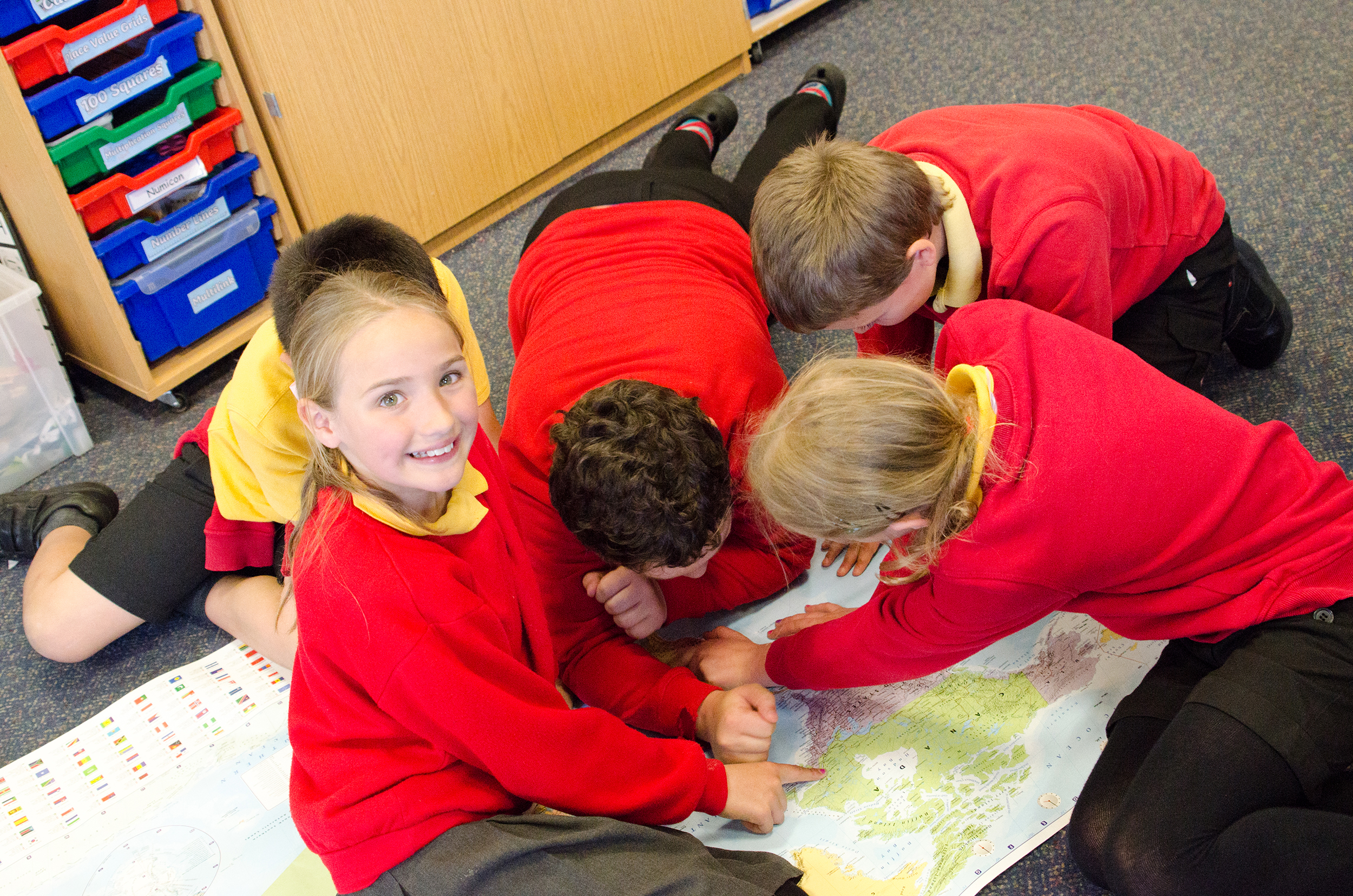
In the Carey Federation we use the Devon Agreed Syllabus as a basis for our for Religion and Worldview curriculum. The syllabus is designed to support schools in developing and delivering excellence in Religion and Worldviews.
Teaching and learning approach:
In order to support teachers in exploring the selected beliefs, this syllabus sets out an underlying teaching and learning approach, whereby pupils encounter core concepts in religions and beliefs in a coherent way, developing their understanding and their ability to handle questions of religion and belief. Teaching enables pupils to ‘make sense’ of the religions and beliefs studied, ‘understand the impact’ of these beliefs in people’s lives, and to ‘make connections’ in their learning and their wider experience of the world. The elements present a broad and flexible strategy that allows for different traditions to be treated with integrity.

Click here for Key Questions and an Overview: Religious education key questions, an overview
Progression Map
Talk About Religion And World Views
National Curriculum
In the Carey Federation, we recognise the importance of the term ‘Worldview’ when discussing our curriculum to signify the greater attention that needs to be paid to the individual lived experience in order to make our education in this area as inclusive and empathy promoting as possible. Through focusing on the perspective of individuals and their way of viewing the world, we intend to make the religious education of our children very accessible and relevant to each child. We are particularly mindful that we live in an area of little cultural diversity and so are particularly duty bound to ensuring that our children ‘Be Reflective’ and develop a strong awareness and respect of wider cultures and develop through this knowledge and ‘Reflection’, a clear understanding of their own ideas.
Our curriculum for Religion and Worldviews aims to be to ensure that all pupils have the opportunity to meet the Principal Aim of the Devon and Torbay Agreed Syllabus for RE 2019-2024;
The principal aim of religious education (RE) is to explore what people believe and what difference this makes and how they live, so that pupils can gain the knowledge, understanding and skills needed to handle questions raised by religion and belief, reflecting on their own ideas and ways of living. (Agreed Syllabus, page 2)
Promoting our school motto and The Carey Qualities
Our Religion and Worldview curriculum underpins the core principal of ‘Building Relationships’; developing in our children an aptitude for dialogue so that they can participate positively in our society, with its diverse religions and beliefs. They should learn to articulate clearly and coherently their personal beliefs, ideas, values and experiences while ever strengthening the ability to ‘Be Respectful’ to the right of others to differ. Our collective worship through assemblies as a whole school or in smaller groups actively supports these qualities and our motto of ‘Aim High, Be Resilient, Take Care of Each Other’.
Experiences – Widening the Children’s knowledge of Religion and Worldview:
Our curriculum ensures that all pupils: